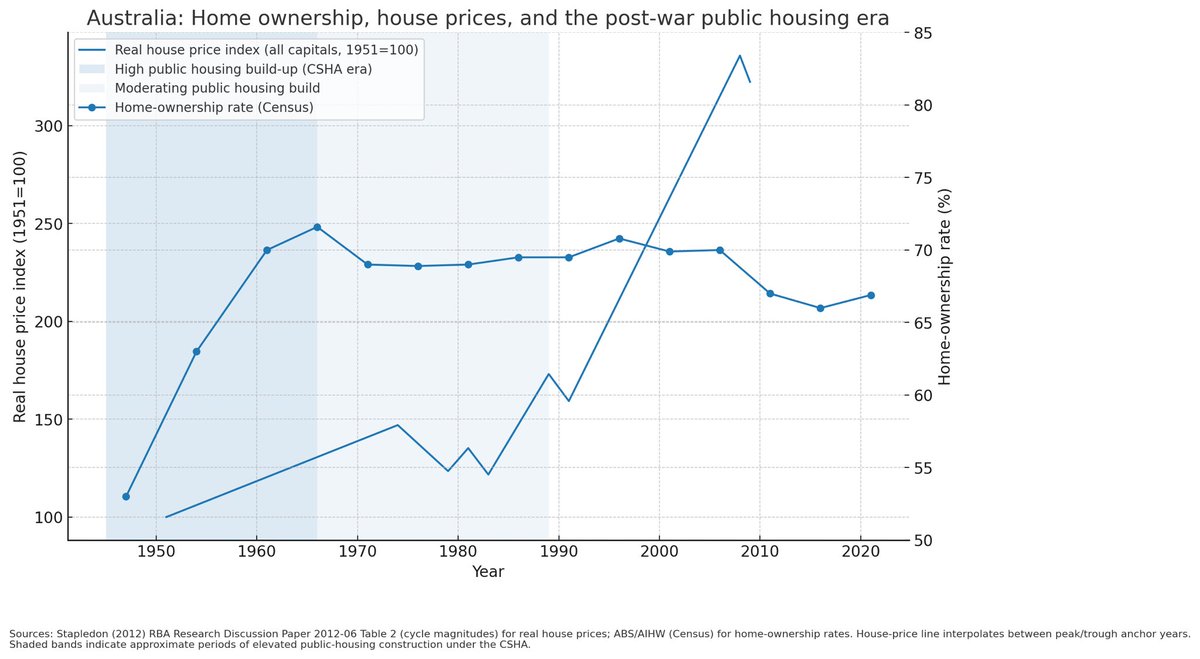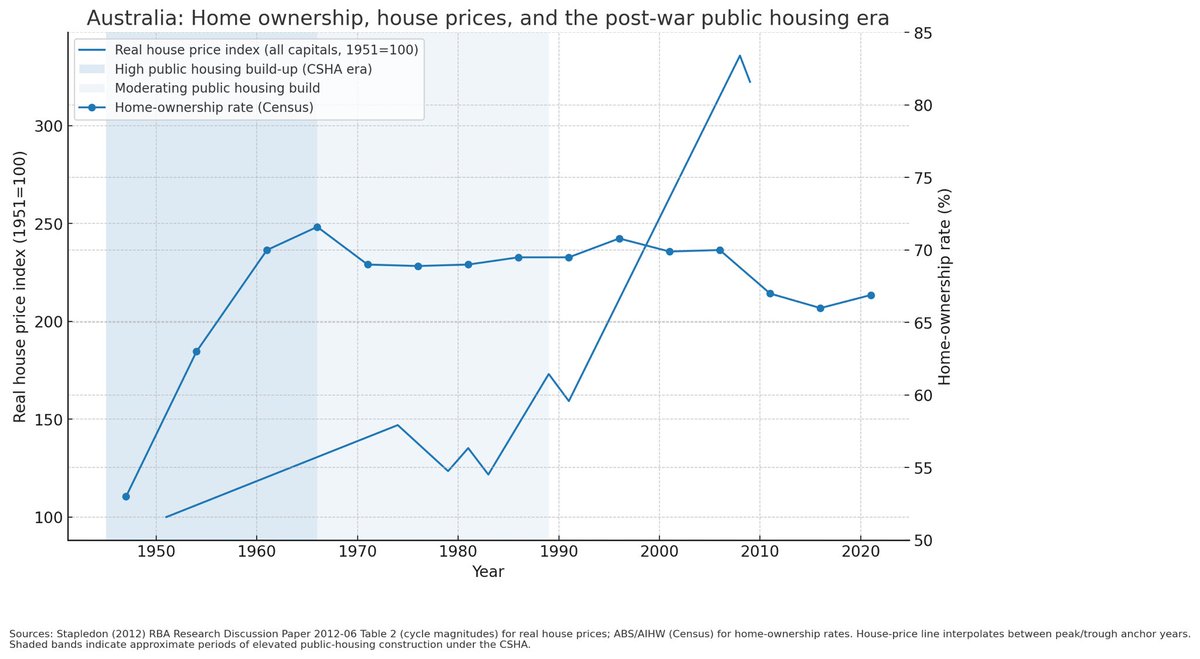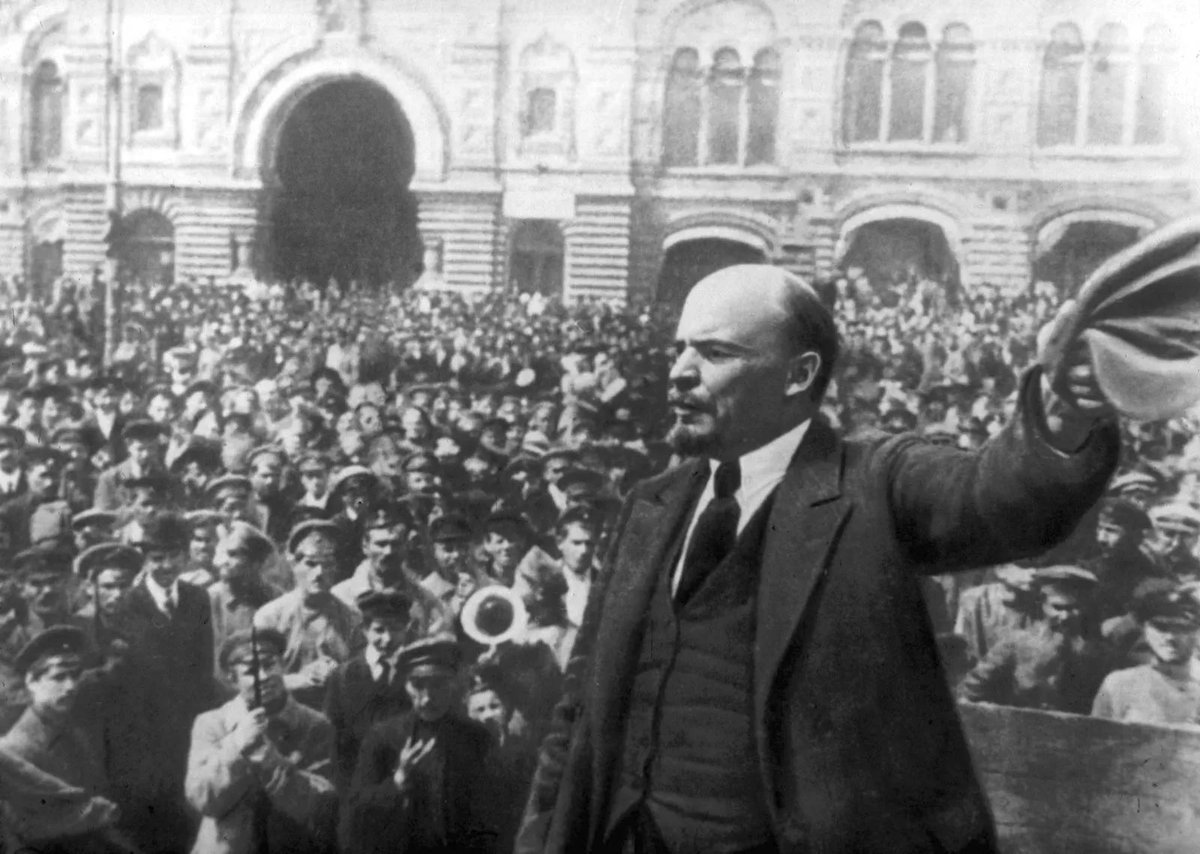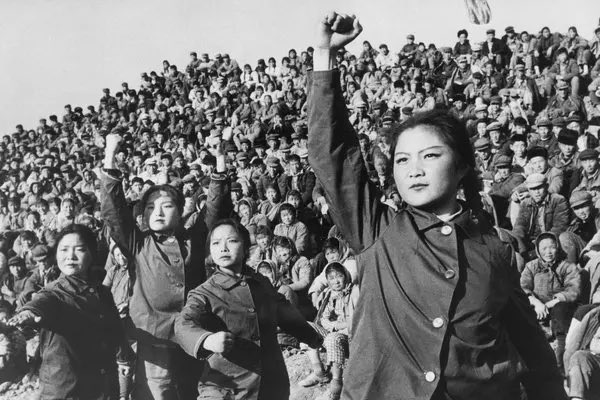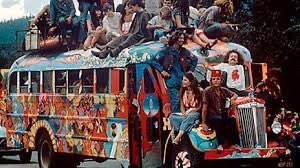Want to use this graph again to show the birth and possible death of the unique invention of the past 150 years of human history. The public. The word is used a lot - public health, public service, public education etc. But it’s rarely defined. That’s why it’s being destroyed. /1 

You can see from about 1850 onwards, human life expectancy did something it hadn’t done in any of the centuries beforehand. It started to rise. Mostly in children, but across all age groups, with all converging towards a life expectancy of over 80 today. /2 

This is England and Wales, but the same pattern is repeated in most richer nations, and today is also underway in poorer nations. Why did this happen? Because elites in societies were forced to respond to social breakdown caused by things like the lack of basic sanitation. /3 

But the conceptual leap this caused is rarely mentioned. For the first time in all of history, these elites had to consider society as a WHOLE. From the birth of democracy in Greece, until the end of the 19th century, democracy had never been about the entire population. /4 

In most cultures there wasn’t even democracy. But in those that had or claimed it, only a portion of the population was enfranchised. Men, men of a certain class, native to the country etc. People forget that parliaments were invented by Kings, to confront earlier social…/5 

…challenges that were beyond them to solve. They were a sop to the feudal lords, to buy their loyalty by giving them a bit more say in how the country would be run. Feudalism not only lived alongside democracy, they were the same system. The same historical pattern always…/6 

…repeated. Real political change comes as a response to disaster, from an existing elite being overwhelmed. And that’s what we can see in the graph, the next stage of democratic evolution, from about 1850. When even these feudal democracies with their early parliaments…/7 

…were suddenly overwhelmed with crises that they couldn’t solve. Plagues and wars. So now, for the first time in all of human history, the WHOLE population was conceptualised as a political actor. That’s what the ‘public’ is. It’s everybody. /8
Don’t think elites of the time liked doing this, they were dragged kicking and screaming to do it, to survive. As I Tweeted yesterday, what cemented this shift, which would otherwise have been snuffed out very fast, was 3 major catastrophes in short historical time. /9 

Epidemics/plagues (Spanish Flu, and before it cholera too) at the turn of the 19th/20th century. Then two world wars in the 20th century. This all-out assault on societies from plagues and wars over a short time was strong enough to maintain this new public-focused politics. /10 

Only these catastrophes held pre-existing power balances in check, to allow this shift. And then as I Tweeted yesterday, after WW2 the sense of catastrophe eased, and from about the 1970s, those old power structures have been reasserting themselves rapidly. /11 

The anti-public, pro-market and pro-individual politics we all now live in. They invented a substitute for this new public-led society, which they called an ‘economy’. All deliberately designed to reflect their interests, and not public interest. And cunningly, they came up…/12 

…with a substitute for the public too, which is still going strong. They substituted the public - the whole population - with majorities. Something they learned while gaming elections. Majorities win elections. They now, to this day, call that ‘the will of the people’. /13 

Even though the voter suppression they introduced to counter wide enfranchisement in that late 19th and earlier 20th century period means sometimes even a majority of people don’t vote in these elections. But that now is the ‘public will’, majority rules. /14 

Which has no similarity with the concept of the public at all, the idea of everybody being in something together, all sinking or swimming, together. Rich, poor, marginalised, majority, minority etc. All replaced now with market segments, which they manipulate at will. /15 

And thus life expectancy is now trending downwards in countries again, after 150 years. Because the idea of the public has been under assault since the 1970s, to try to restore pre-1850 hierarchies. You can’t have public health, without a public. /16 

The Covid sickness and death we’ve seen matches more closely plagues pre-1850. And this is why, because the public we invented to deal with plagues is now broken. Deliberately, wilfully broken. They didn’t hide what they were doing. /ends 

• • •
Missing some Tweet in this thread? You can try to
force a refresh



